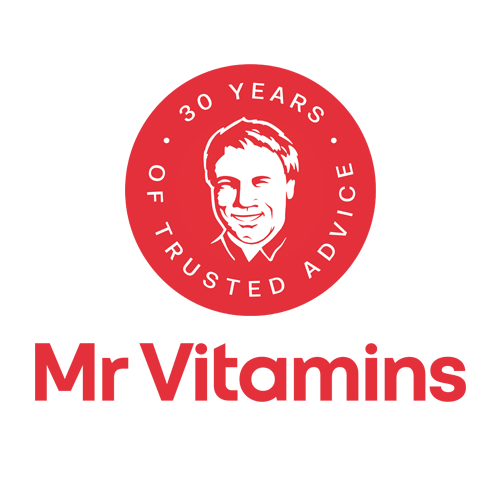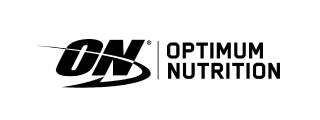
- Health advice
- Jul 02, 2018
Protein powder is the most popular and most used supplement within the fitness industry. For a long time, it was preached that whey powder was the best and most effective form you can get, but advances in technology have allowed us to have more forms and research has proven that they work just as effectively. Different types of protein will get broken down at different rates, meaning they are more useful under different circumstances. But how many different types are there?
Zack has studied a Bachelor Sports & Exercise Management, he is also a personal trainer with a passion for sports and body building.
The Different Types:
Whey Protein Concentrate - WPC
This is one of the cheapest and most common protein powders. It is the liquid by product of cheese production, once you remove water and casein content from this bi-product, you are left with WPC. It also has relatively low levels of fat and cholesterol. Whey powders are complete proteins which means they contain a complete amino acid profile. WPC is widely considered to be the most efficient and economical form for the human body to digest and use. WPC is micro-filtered and not heat treated to produce ultra pure protein. This process ensures that the protein stays intact and as pure as it can be. It also means the powder to mix easily and achieve a smooth texture, giving you the perfect protein shake. WPC is rich in both branch chained amino acids and glutamine. This makes it the ideal protein to help build muscle size, definition and aid recovery.Whey Protein Isolate - WPI
A higher quality form of whey protein. While WPC has a protein content of around 80%, the content of WPI is more like 90%. This is because WPI undergoes a process called Cross-Flow Micro-filtration. This separates the protein from fat, cholesterol and lactose meaning a purer end product. Because of this high filtration process, WPI has less fat, cholesterol, lactose, carbohydrates and calories than most other proteins on the market. It is therefore a common choice for those looking to maintain low levels of body fat but who still require the protein to help their muscles repair and recover. WPI is also faster absorbed by than muscles than WPC making it an ideal post workout option. Although WPC is already considered low in lactose, WPI is considered even lower because of the additional manufacturing processes. WPI is therefore often recommended for athletes who suffer from lactose intolerance.Hydrolyzed Whey Protein
Hydrolyzed whey is the highest quality and most pure form of whey protein. This is because it has gone through the filtration process of hydrolysis. Whey protein that undergoes the hydrolysis process simply has had the addition of water into the substance to allow for the protein to be broken down for the sole purpose to be metabolized much easier. Because of the high filtration process, there is almost no fats, sugars or carbohydrates. However, although this is superior to concentrate, it typically costs a lot more. It’s also important to note that hydrolyzed whey is also typically less allergenic when compared to other forms. The advantage that hydrolyzed whey offers over conventional whey is that it allows for amino acids that are consumed from the protein within the body to be absorbed in a much higher rate when compared to standard and complete proteins. This results in a greater nutrient content being delivered to muscles for the purpose of replenishing spent nutrients to help with growth.Mass Gainers
Mass Gainers are powder supplements that provide protein, carbohydrates and possibly fats with the intention of helping to add muscle mass. It is a high-calorie powder aimed at increasing your daily calorie intake, to get the body into a calorie surplus therefore promoting weight gain. That is the purpose of a mass gainer, to put on mass you need to be in a calorie surplus. This means you are consuming 300-500 calories more per day than you’re burning through exercise and just going through your daily routine. If you have been trying to add mass and you’ve seen no increase in weight then you’re not in a calorie surplus. Without being in a surplus you’re not going to gain mass, that is why mass gainers are an effective solution.Plant Protein
Not everyone can absorb whey powders. Many people are lactose intolerant and need an alternate source. Same with people that are vegan. Just because you eat a plant-based diet doesn’t mean you have to miss out on great tasting, muscle-building powders. There are plenty of great plant options like pea, soy, hemp and rice. Plant proteins are a great alternative for vegans or dairy sensitive people to consume and help hit their daily intake.Collagen Protein
Collagen is the the main structural protein found in skin and other connective tissues. Our bodies are made up of 30% collagen of which 70% of these proteins are connective tissue made of collagen. Hydrolyzed Collagen is the missing link in supplying amino acids like glycine, proline and lysine that are required by the body to build connective tissue to regulate cell growth. Collagen powders are quickly become another great alternative to whey protein as they contain no dairy. Collagen powders have a ton of benefits as well as they can help strengthen hair, skin and nails, improve digestion and strengthen the whole digestive tract, and support joint health by helping to repair ligaments. Therefore, collagen has a significant number of benefits and is a great alternative for people wanting to increase their protein intake as well as enjoy the benefits of collagen.
 About Zack Jenetsky
About Zack Jenetsky
Zack has studied a Bachelor Sports & Exercise Management, he is also a personal trainer with a passion for sports and body building.
Related Articles
Recently Viewed
- ${ variant.price | currencyFromCents } | ${ variant.title } ${ variant.price | currency } | ${ variant.title }
Sale










